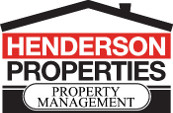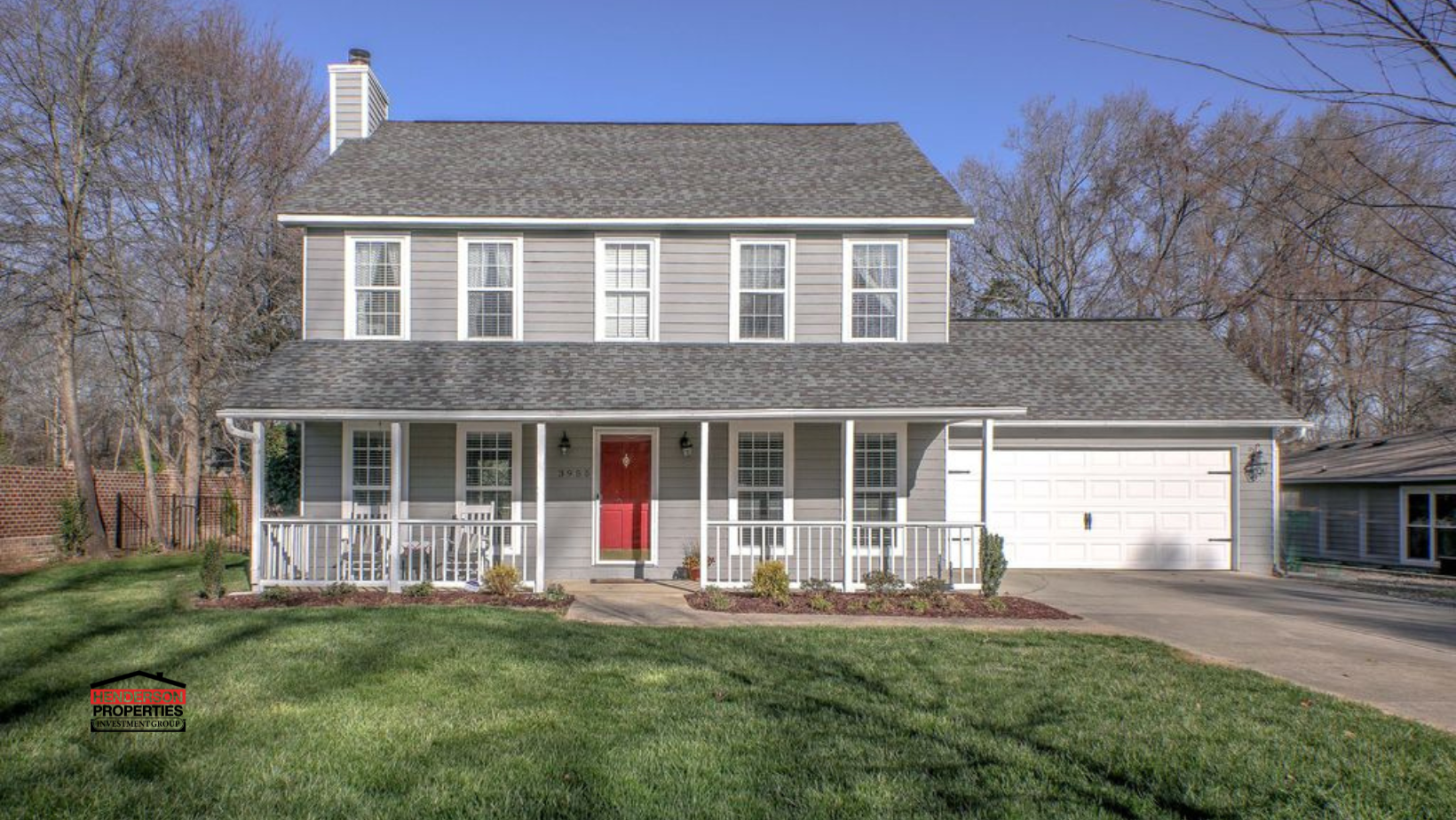What to Do When Life Leaves You With a Rental in Charlotte
Sometimes life throws a curveball, and suddenly, you’re holding the keys to a property you didn’t plan to rent. It could be that you inherited a family home. Or, in a lot of situations around here, your job relocated you before you could sell. We even see that houses didn’t move on the market, and now you’re wondering, “Should I rent it instead?”
Let’s walk through what makes renting your Charlotte home worth considering and how to do it confidently, even if you’ve never managed a rental property before.
Why Renting Makes Sense in Charlotte’s Market
Charlotte’s rapid growth has increased home values and rental demand, increasing your property’s worth. If you own a well-located, move-in-ready home, renting might be a smart financial move.
These are some of the reasons why it is worthwhile considering:
- Steady monthly income to offset your mortgage or expenses
- Enjoy the benefits of your property’s ongoing appreciation while someone else takes care of paying down your loan. It’s a win-win situation that can help your financial future grow more secure and promising!
- The option to rent now and sell later on your terms
- An opportunity to accumulate long-term wealth with minimal effort, provided it is managed appropriately.
Step One: Get Your Property “Rental Ready”
If your home has been lived in as a primary residence or has been sitting empty, the first step is to look at it with fresh eyes. Renters today have expectations, and you’ll want to meet them.
That doesn’t mean a full renovation is needed, but everything should be clean, functional, and safe. Touch-up paint, working appliances, and reliable systems like HVAC and plumbing are essential. Choose neutral finishes, durable flooring, and keep the exterior tidy. It’s not just about attracting tenants, but the right ones.
In Charlotte’s competitive rental market, well-presented homes lease faster and to responsible tenants. A bit of upfront prep can improve your long-term landlord experience.

Step Two: Learn The Rules
Before sharing that “For Rent” listing, familiarize yourself with your legal responsibilities. North Carolina has specific landlord-tenant laws, and Charlotte has local ordinances affecting rentals.
For example, security deposits must be held in trust and returned in accordance with strict guidelines. Your lease must include certain disclosures. You need to provide a habitable home and know what that legally means. Entering the property, charging late fees, or terminating a lease must all follow specific protocols.
Skipping these details isn’t just risky, it could cost you financially and legally.
Fortunately, none of this is difficult once you know what to expect. And if learning it all feels overwhelming? That’s where experienced property management comes in (but more on that in a minute).
Step Three: Set the Right Rent
Setting the monthly rent is crucial. Pricing too high-risk vacancies; too low, lost income. Research similar Charlotte homes by size, location, condition, and amenities to find the best fit for your needs. Homes near schools, parks, or employers tend to rent for higher prices. Decide if utilities, lawn care, or pet fees are included. Rent pricing blends art and science, with quick market shifts.
If you’re unsure, a local expert (like Henderson Investment Group) can run a rental analysis for you, showing you what to expect and how to price competitively without selling yourself short.
Step Four: Market the Property Like a Pro
Once the property is ready and the rent is set, it’s time to attract residents. In today’s digital-first world, professional photos and compelling listing descriptions are essential. You want to highlight what makes your home special: natural light, updated appliances, outdoor space, proximity to greenways or breweries, whatever sets your place apart.
Publish your listing on popular rental websites and facilitate scheduling for prospective residents. Respond promptly to inquiries and be ready to provide information regarding move-in dates, lease conditions, and application procedures.
Keep in mind, marketing isn’t just about filling the vacancy… It’s about attracting the perfect residents for a smooth and long-lasting experience.

Step Five: Screen Like You Mean It
Finding a resident isn’t the goal. Finding the right resident is.
That means running background and credit checks, verifying income, calling references, and confirming rental history. Fair housing laws apply, so you must treat all applicants equally and use consistent criteria in your evaluation process. This step can feel tedious, but it’s important to protect your property.
Bad residents are costly. Good residents are priceless.
Step Six: Seal the Deal With a Solid Lease
Your lease agreement isn’t just a document; it’s your safeguard. A well-drafted lease clearly defines each party’s obligations, helping to prevent misunderstandings.
It should include rent amount and due dates, security deposit details, late fees, maintenance responsibilities, pet policies, rules for entry, and terms for renewing or ending the lease. North Carolina has standard lease templates available; however, customizing one for your property and specific situation is ideal.
Walk through the lease with your residents before they sign. Collect the security deposit and first month’s rent. Document the home’s condition at move-in. And once that’s done, congratulations…You’re officially a landlord!
Step Seven: Prepare for the Day-to-Day
Being a landlord involves more than signing the lease. It includes collecting rent, coordinating maintenance, and answering questions. There are 2 a.m. emergencies, lease violations, or early move-outs, but sometimes, everything runs smoothly for years.
The key is to be organized, responsive, and fair. Keep financial records. Respond to residents promptly. Stay up-to-date on laws and best practices. And if it ever starts to feel like too much, it’s time to bring in backup.

When to Hand It Off (And Still Reap the Rewards)
Many accidental landlords eventually realize: “I’m not cut out for this full-time.” And that’s okay.
Working with a professional property manager means you can enjoy all the benefits of rental income without the day-to-day stress. Companies like Henderson Investment Group handle everything from rent collection and repairs to resident screening and legal compliance. You stay informed, but your time stays your own.
Best of all? A good property manager often increases your return on investment by reducing vacancies, improving tenant retention, and addressing issues before they become expensive problems.
You Didn’t Plan to Be a Landlord, But You Can Still Succeed
If you’re suddenly in possession of a second home, or if life circumstances pushed you into landlording, know this: You’re not alone. And you don’t have to figure it all out by yourself.
Charlotte’s booming real estate market offers a chance to turn your situation into a financial win if managed well. With the right strategy and team, renting out your home can be a smooth, profitable, and supportive experience that aligns with your long-term goals.
Request your free property management proposal and make this chapter your smartest investment ever!



